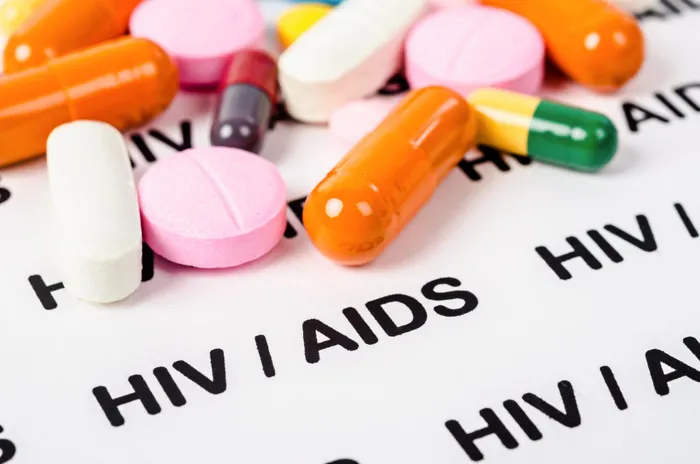
WHO announced a groundbreaking HIV preventative measure
Image: Supplied
The World Health Organization (WHO) announced a landmark policy at the 13th International AIDS Society Conference (IAS 2025) on HIV Science in Kigali, Rwanda, releasing new guidelines that recommend injectable lenacapavir (LEN) as a twice-yearly pre-exposure prophylaxis (PrEP) option for HIV prevention.
This development has the potential to significantly reshape the global HIV response.
LEN is the first twice-yearly injectable PrEP product, offering a highly effective, long-acting alternative to daily oral pills and shorter-acting prevention methods. With just two doses a year, LEN marks a transformative step in HIV prevention, particularly for individuals who face challenges with daily adherence, stigma, or limited access to health care.
“While an HIV vaccine remains elusive, lenacapavir is the next best thing: a long-acting antiretroviral shown in trials to prevent almost all HIV infections among those at risk," said Dr Tedros Adhanom Ghebreyesus, WHO Director-General.
“The launch of WHO’s new guidelines, alongside the FDA’s recent approval, marks a critical step forward in expanding access to this powerful tool. WHO is committed to working with countries and partners to ensure this innovation reaches communities as quickly and safely as possible.”
The new guidelines come at a pivotal time, as global HIV prevention efforts have stalled, with 1.3 million new infections recorded in 2024. Key and priority populations — including sex workers, men who have sex with men, transgender individuals, people who inject drugs, those in prisons, as well as children and adolescents — continue to be disproportionately affected.
WHO’s endorsement of LEN marks a significant step toward broadening and diversifying HIV prevention strategies, empowering people with more choices to protect their health in ways that align with their needs and circumstances.
WHO has recommended a simpler, more accessible approach to HIV testing using rapid tests to support the rollout of long-acting injectable PrEP like LEN and CAB-LA. This change removes a major barrier by cutting out complex, expensive procedures and allowing delivery through local clinics, pharmacies, and tele-health.
LEN now joins other WHO-approved HIV prevention options — including daily oral PrEP, injectable cabotegravir, and the dapivirine vaginal ring. Although access to LEN outside clinical trials is still limited, WHO is calling on governments and health partners to begin implementing it within national HIV prevention programmes while gathering data on its real-world use and impact.
For the first time, WHO now recommends long-acting injectable cabotegravir and rilpivirine (CAB/RPV) as an option for adults and adolescents who are already virally suppressed on oral antiretroviral therapy (ART) and don’t have hepatitis B. This is especially helpful for people who struggle with daily pill-taking.
WHO also updated its guidance on integrating HIV care with other health services, such as treating high blood pressure, diabetes, mental health conditions (like depression, anxiety, and alcohol use disorders), and improving ART adherence. The organisation now recommends STI screening (gonorrhoea and chlamydia) for key and priority populations, even when no symptoms are present.
For people living with HIV who have or are at risk of mpox (formerly monkeypox), WHO strongly recommends starting ART quickly, especially if they’ve never started treatment or have had long interruptions. HIV and syphilis testing is also advised for anyone with suspected or confirmed mpox.
Given funding challenges facing global HIV programmes, WHO released new guidance to help countries maintain essential HIV services. This includes advice on how to prioritise services, manage risks, and keep health systems resilient.
Dr Meg Doherty, WHO’s HIV programme director, emphasised the urgency of acting on these guidelines: “We have the tools and the knowledge to end AIDS as a public health problem. What we need now is bold implementation of these recommendations, grounded in equity and powered by communities.”
HIV continues to be a major public health issue, with an estimated 40.8 million people living with the virus globally by the end of 2024. While treatment access is growing — 31.6 million people are now on ART — new infections and deaths remain high, particularly in the WHO African Region.
With these updated guidelines, WHO said it is offering countries practical tools to make HIV responses more efficient, equitable, and sustainable.
The focus now shifts to putting these strategies into action.
tracy-lynn.ruiters@inl.co.za
Weekend Argus
Related Topics: